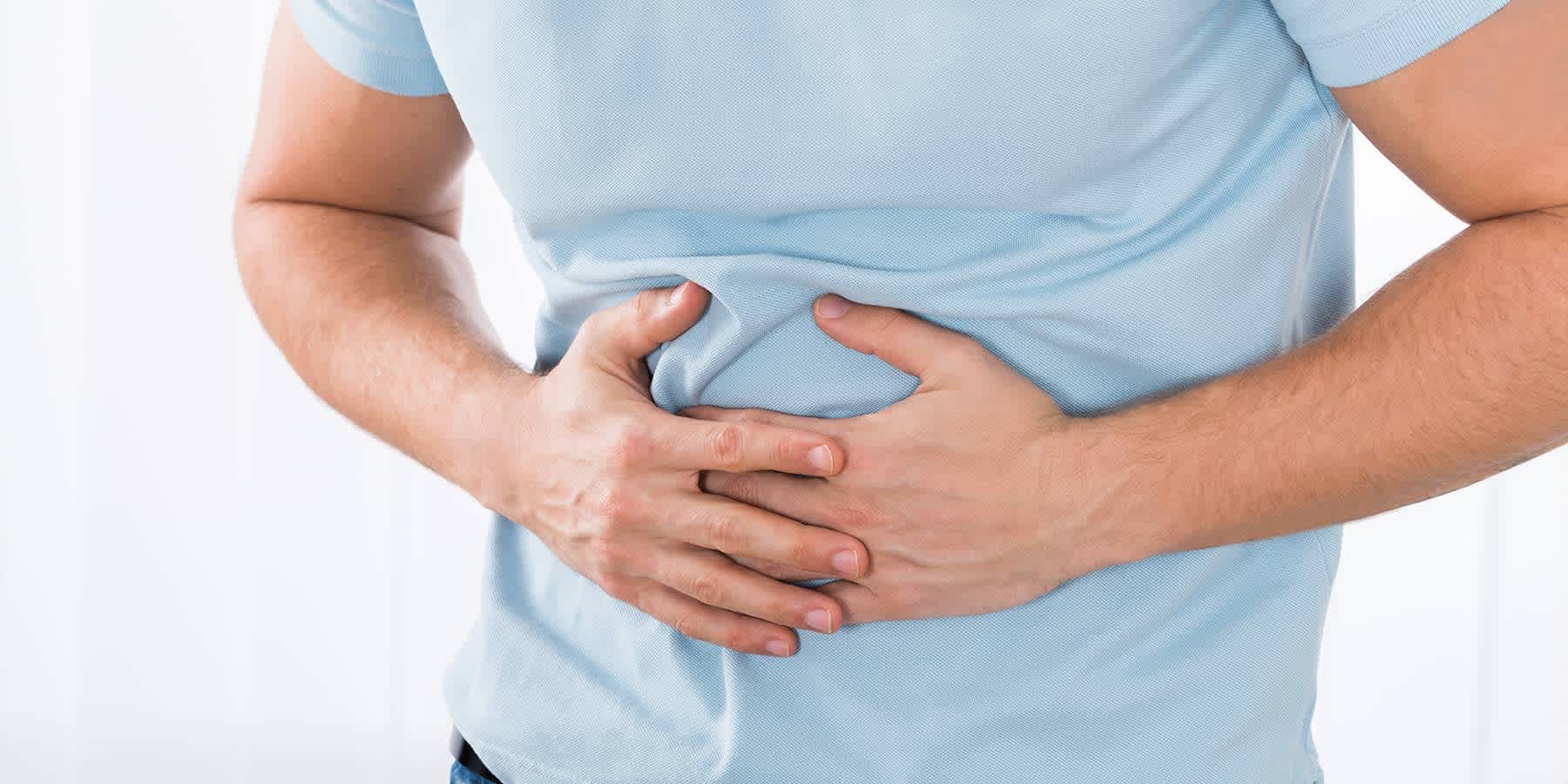Experiencing bloating or weight gain? fat vs bloating mean for your body?
Experiencing bloating or weight gain? fat vs bloating mean for your body?
Blog Article
Understanding the Difference In Between Bloating and Fat: an Important Guide for Digestive Health And Wellness
Understanding the difference between bloating and excess body fat is important for any person interested in digestive system health and wellness. While bloating presents as a short-term and frequently uncomfortable problem, usually linked to nutritional practices or digestive disruptions, body fat represents an extra long-term change in one's figure. This differentiation is not just academic; it lugs considerable implications for exactly how individuals approach signs and symptoms and treatment. As we discover the nuances of these 2 phenomena, the relevance of acknowledging their respective causes and administration strategies ends up being increasingly obvious. What are the practical actions one can require to deal with these concerns efficiently?
Defining Bloating and Fat
Bloating and fat are 2 unique physical sensations that can significantly impact an individual's convenience and body photo. Bloating refers to the temporary swelling or distension of the abdominal area, usually gone along with by pain or a sensation of volume. This problem might arise from various factors, including dietary options, digestive system concerns, or liquid retention. Bloating is generally a short-term occurrence and can fluctuate throughout the day, frequently solving with way of life modifications or medical interventions.
In contrast, body fat is a more irreversible and secure element of human physiology, mainly functioning as an energy reserve and playing essential duties in hormonal agent policy and insulation. Body fat is classified right into 2 types: subcutaneous fat, which lies simply underneath the skin, and visceral fat, which surrounds inner body organs. While excess body fat can result in health difficulties, it is crucial for general bodily features.

Sources Of Bloating

Additionally, food intolerances, such as lactose or gluten intolerance, can result in bloating when the body has a hard time to process specific compounds - bloating vs fat. Eating too swiftly or taking in carbonated beverages can also worsen the problem, as these practices present excess air right into the digestive system tract
Lifestyle aspects, including tension and lack of physical task, can additionally contribute to bloating by influencing digestive tract mobility. Particular medical problems, such as short-tempered digestive tract disorder (IBS) or intestinal blockage, might likewise result in chronic bloating. Comprehending these reasons is vital for properly handling and minimizing bloating, allowing people to make informed nutritional and way of living selections that support their digestion health.
Signs And Symptoms of Bloating vs. Fat
Comparing the signs of bloating and excess fat is vital for comprehending one's body and attending to discomfort efficiently. Bloating generally presents as a sensation of volume or stress in the abdomen, frequently accompanied by noticeable distension. People may experience discomfort, cramping, or perhaps discomfort, especially after meals. Bloating can additionally cause extreme gas, resulting in burping or flatulence.
While it may add to a feeling of thickness, it generally does not create the intense discomfort linked with bloating. Instead, excess fat tends to build up progressively, leading to a modification in body form and dimension over time.

Recognizing these distinctions is important. While bloating is typically momentary and linked to dietary aspects or gastrointestinal concerns, excess fat indicates a more chronic problem calling for way of living changes. Understanding these signs encourages people to look for appropriate solutions tailored to their particular issues relating to digestive system wellness and body make-up.
Taking Care Of Bloating
Reliable monitoring of bloating requires a complex strategy that addresses both nutritional selections and way of living behaviors. It is essential to recognize and remove certain foods that might set off bloating, such as those high in fiber, gluten, lactose, or certain fermentable carbohydrates (FODMAPs) Maintaining a food journal can help pinpoint these triggers and overview changes.
Integrating smaller, more constant dishes rather than large ones can additionally lessen bloating, as it relieves the gastrointestinal procedure (bloating vs fat). Remaining well-hydrated is vital, as adequate liquid consumption aids food digestion and assists prevent bowel irregularity, which can add to bloating
Additionally, participating in routine exercise advertises gastrointestinal mobility and minimizes bloating. Easy workouts, such as walking or yoga exercise, can successfully reduce pain. Mindful eating techniques, such as eating gradually and chewing food completely, may additionally enhance food digestion and limit air ingesting.
When to Seek Assistance
Recognizing when to seek clinical help for bloating is critical, as persistent or extreme browse around this site symptoms might show an underlying wellness issue. If bloating is gone along with by added concerning signs such as significant abdominal discomfort, unexplained weight-loss, rectal blood loss, or continuous queasiness and vomiting, it is important to get in touch with a health care specialist. These indicators may suggest problems such as short-tempered bowel syndrome, intestinal blockage, or perhaps more major concerns like cancer cells.
Moreover, if bloating lingers despite nutritional changes or non-prescription solutions, it requires additional investigation. People with a history of food poisonings must be especially alert, as their threat for complications may be higher. In addition, if bloating happens following the consumption of certain foods, it might show food intolerances or allergic reactions that require nutritional changes or screening.
Verdict
In summary, comparing bloating and excess body fat is important for gastrointestinal health and overall well-being. Bloating, a short-lived condition frequently connected to nutritional aspects and digestive system issues, contrasts sharply with the steady accumulation of body fat. Identifying the signs and underlying root causes of each can help with look at more info proper administration methods. People experiencing relentless or serious signs need to seek professional assistance to deal image source with prospective health and wellness issues properly. Recognizing these differences is important for educated decision-making pertaining to health and wellness and way of living.
Report this page